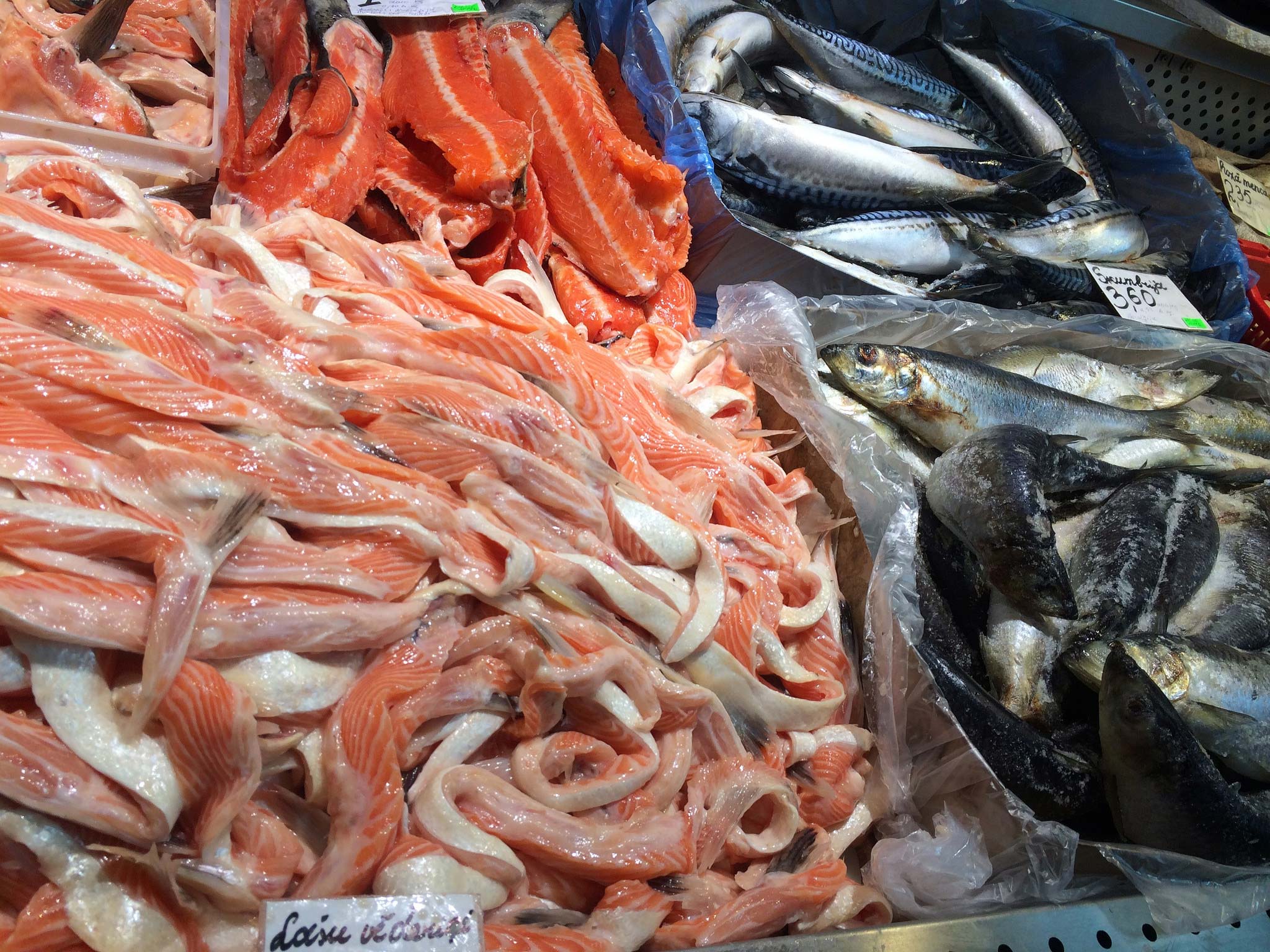Why has adulteration of sea food become so prevalent?
These days there is no way to know if the food you eat is fresh or adulterated with poisonous chemicals. Adulteration of food substances has become a common practice and has grown to alarming proportions. Adulteration is done either for monetary profit or to add extra weight or to keep the food fresh and preserve it for a longer period. In the case of seafood the primary concern is the latter owing to the fact that fish is often transported across very long distances and has to be therefore preserved for unreasonably long periods. With fish being considered as a part of the staple healthy diet across many cultures and a major part of our protein intake, the adulteration of sea food and sale of pre-adulterated fish has become widespread in order to prevent the decomposition of fish. This is because fish gets spoiled very quickly unless stored properly in the freezer or ice.
In many parts of India, numerous cases of food poisoning due to the consumption of contaminated sea food are on the rise. Recently, a 10 year old girl suffered from a near to death anaphylaxis reaction after eating seer fish. She never had any history of seafood allergy. It was later found that the allergic reaction was due to eating the fish that had been preserved with various chemicals. There was yet another curious incident in Kerala, of a fish curry that apparently didn’t stop boiling even after three days of its making thanks to the chemical reaction that happened in the curry pot owing to chemicals used to preserve the fish as well as the chemicals used in the adulteration of the powered spice/ingredients.
Formaldehyde, which is used by manufacturers to extend shelf life, preserve sea food, is a known carcinogenic. Formalin is the aqueous solution of formaldehyde and is used to preserve dead bodies (cadavers) in mortuaries and is a popular embalming fluid. Like formaldehyde, formalin is also toxic as well as carcinogenic. Formalin keeps the fish fresh for 15 to 20 days or more. Several studies have shown the correlation between formalin and leukemia. Many reports coming in various parts of India suggests that the Pangasius variety fish- the favorite fish of restaurateurs, which is more commonly known as “basa fish” is one of the most adulterated sea food variety. Prolonged consumption of sea food that has been contaminated with formalin causes various health hazards.
Other types of sea food adulteration
Seafood being the world’s most traded food product and falls prey to adulteration very often. The National Center for Food Protection and Defense (NCFPD) has published a report, according to which, almost 31% of the cases of Economically Motivated Adulteration are of seafood fraud. There are several forms of seafood adulteration. At times a cheaper, lesser-priced species is labeled as an expensive one and this kind of mislabeling of species is a form of adulteration. For instance, people in Minnesota are often sold zander fish labeled as walleye. Similarly, cheating people by adding extra glaze or injecting chemicals, medicines to make the sea creatures look bigger is yet another strategy to gain extra profits.
How is adulteration of sea food affecting human lives?
It is a proven fact that such unfair practices including the adulteration of sea food is posing a huge threat to human lives including health problems as well as environmental problems. Eating seafood that has been treated with unpermitted additives can cause health risks. If a person is exposed to the vapors of formalin, he or she can experience irritation of eyes and respiratory tract, larynx constriction, skin allergies, worsening of asthma, etc. When consumed orally through food adulteration, formalin acts like a slow poison. It may slowly damage the cells, cause kidney and liver problems and also lead to cancer. A fresh fish tastes way better and won’t ever give you an inflamed mouth and throat.
How to identify adulterated sea food?
There are few ways to make yourself aware of such unfair practices and eat unadulterated food. Know how to identify the right kind of food and avoid being cheated.
- Do not buy fish that do not have their fishy odor. A fresh fish shall always smell fishy. If you find that missing, something is wrong with it.
- Always buy seafood that feels fresh and tender.
- Avoid canned foods
- Avoid sea fish that has whitish and clear eyes and looks very clean.
- Adulterated sea food will appear stiff, rubbery and super clean as compared to uncontaminated fish.
- Buy live fish, avoid frozen ones.
READ MORE: FOOD ADULTERATION- A DEEP ROOTED SOCIAL EVIL
Image Credits: Jeremy Keith Via Flickr.com
Image License: https://creativecommons.org/licenses/by/2.0/
Creative Commons Legal Code: https://creativecommons.org/licenses/by/2.0/legalcode




















